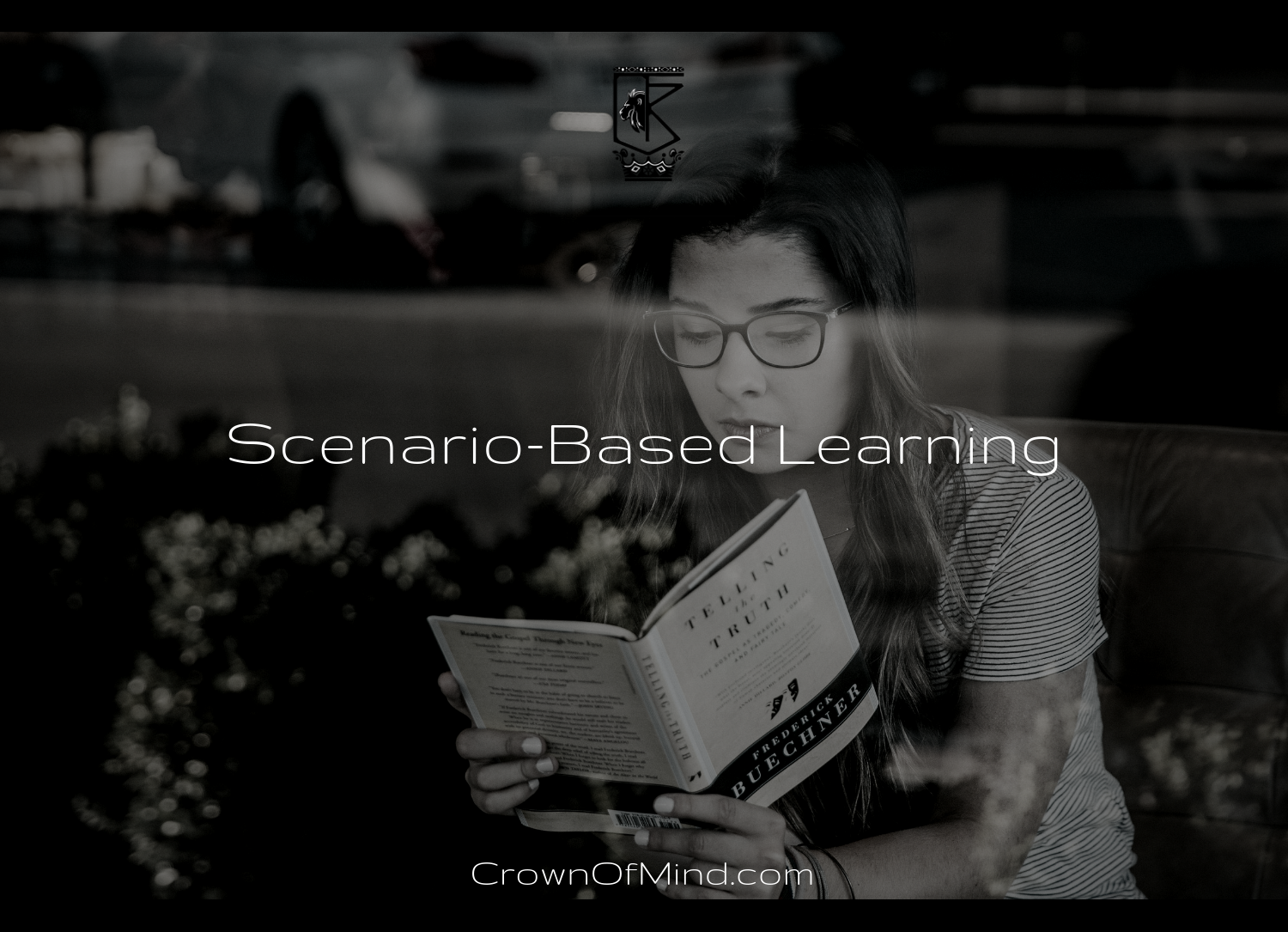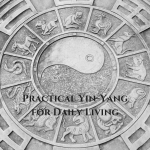To know a definition, how a thing works in a static state is one knowledge: “Self-care is XYZ.”
Applied to a real-world situation is another: “If self-care is necessary for my health, then when faced with something that challenges me to ignore it, I do XYZ to maintain it.”
People generally have more of a challenge with the application, ie – make a fantastic platitude practical (we also call it “grounding” or, “What does that look like in real life?”).
Scenario As Solution
One method to improve practicality is scenario-based learning. I cover this quite extensively in my book SAGE Mind, available on Amazon. The premise is we can learn directly from our life experiences. With increased awareness of this, each experience is taken as a class, with lessons, questions and required graduations before moving on to more advanced experiences. The speed with which we “graduate” depends on many factors, one being this ability to recognize patterns (see the lessons) and express differently so we manifest a new outcome (apply the lesson).
This perceptual learning style puts a mind into unfamiliar examples with the question being, “How does this apply in this situation?”
Thinking in scenarios, parallels and examples raises both intellect and intuition for faster, more accurate pattern recognition.
From this capacity comes a sexy suite of mind skills: efficient conclusions, creative ideas, emotion management, foresight, insight, enhanced conversation skills among others. These skills are indispensable in professional life. Children and adults alike can benefit from scenario-based learning.







[…] you read and receive valuable knowledge, ask yourself, “How can I apply this directly in my life?” As you accumulate more knowledge, you will discover patterns and the underlying principles […]
[…] notice I like to use examples. Scenarios take our concepts out of the theoretical zone and make them truly real as we test them, make […]
[…] craft. From apprentice to a practitioner to the master level. I like the approach using scenarios. Scenario-based learning helps aspirants on the path understand how knowledge is applied in a realistic situation, outside […]
[…] The career is strategically approached; since it lives within an industry, the time and learning involved to comprehend the industry’s cycles requests the professional to plan ahead. The career needs foresight. […]